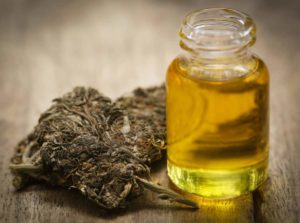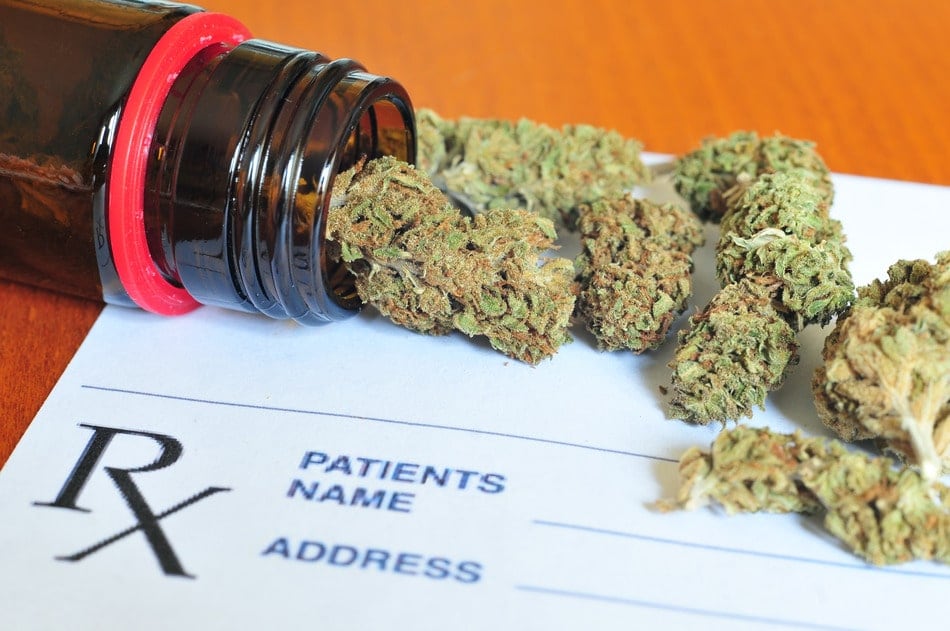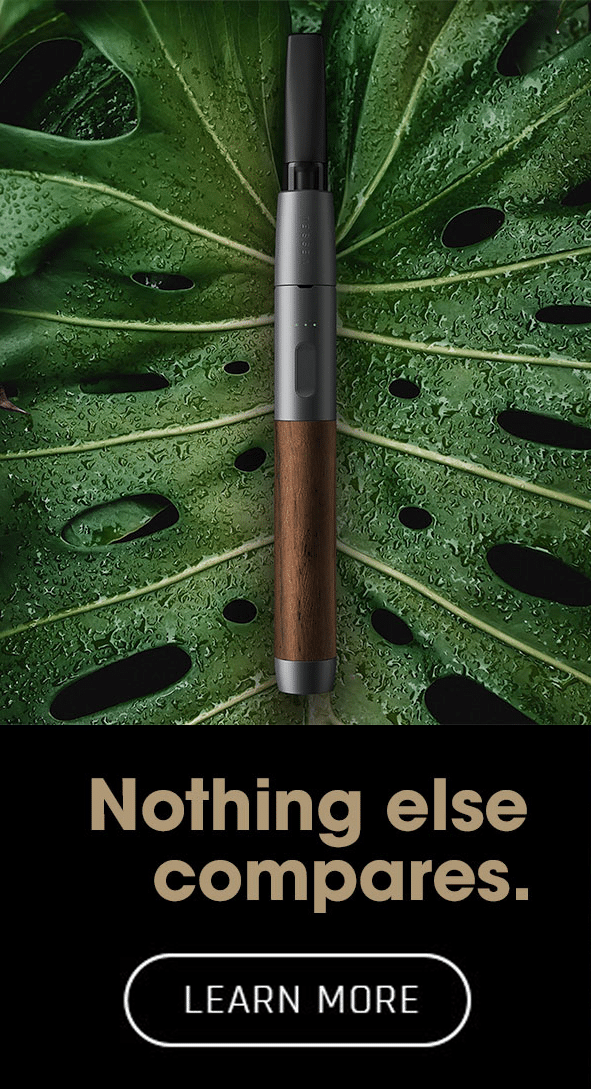One of the most sought after conditions to be added to any state’s approved conditions for medical marijuana list is Post Traumatic Stress Disorder (PTSD). Often citing veteran issues, PTSD has gained so much momentum that Maine recently became the fifth state to include it as an approved condition, and New Mexico has begun a “Freedom to Choose” campaign to protect veteran’s access, which is currently under review.

benefits of cannabis oil
PTSD, short for Post Traumatic Stress Syndrome, is a severe condition that makes life very difficult for the patient. Often suffering from nightmares, anxiety, flashbacks and emotional instability, patients are increasingly turning to medicinal marijuana to ease their symptoms. Traditional medications prescribed by doctors often come with side effects just as severe as PTSD itself: addiction, heart disorders, muscle spasms and weight gain. Even the Army itself warned against prescribing some of these medications.
Another part of the problem with treating PTSD with traditional prescription pills is the tendency for veterans to self-medicate. Veterans have largely chosen to self-medicate, often turning to alcohol including excessive binge drinking, with or without additional medications.
One of the reasons PTSD is such a notable problem in the veteran community is the suicide rate. Every 65 minutes, a military veteran commits suicide. Those who turn to prescription drugs for help often cite feeling zombie-like and going into a deeper depression. Medical marijuana could allow veterans to have the quality of life they deserve.
Recently, researchers at New York University Langone Medical Center have used brain imaging technology to show a connection between the number of cannabinoid receptors in the brain and PTSD. Individuals with PTSD had higher levels of CB1 receptors in the areas of the brain associated with fear and anxiety than those not suffering from the condition. Those with PTSD also had lower levels of the neurotransmitter anandamide, an endocannabinoid that binds to CB1. Lower levels of anandamide prompts the brain to compensate by increasing the number of CB1 receptors, resulting in an imbalanced system. Because endocannabinoids act like cannabis, binding to CB1 receptors to help extinguish traumatic memories, medical cannabis can almost certainly help reduce symptoms.
Both research and awareness are increasingly pushing the issue of PTSD to the forefront of the medical cannabis community. With continued effort, anyone who suffers from this life-altering disorder could soon be able to seek solace from a simple prescription of medicinal marijuana.
For related content please check out:




